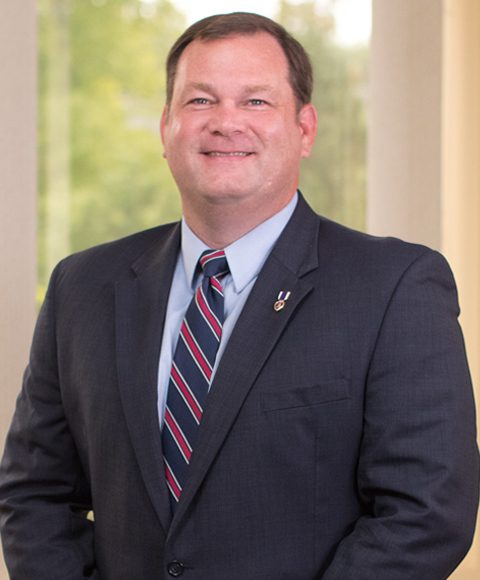With marijuana legalization on the ballot in four states on Election Day November 5, questions are reignited about what it means for federal employees in states where it is already, or will become, legal.
Some of the questions include whether federal employees can use marijuana if they live and work in a state where it is legal without compromising their jobs, or whether marijuana use can affect their security clearance if they hold one.
Although medical and/or adult recreational use of marijuana is legal in several states, it remains illegal at the federal level because it is still classified as a Schedule 1 drug. Therefore, federal employees are still subject to drug testing and are not protected under their state labor or cannabis laws.
Ready to book your consultation? Click below to pay our consultation fee and book your meeting with an attorney today!
According to the U.S. Drug Enforcement Administration (DEA), drugs, substances, and certain chemicals used to make drugs are classified into five categories or “schedules,” depending upon the drug’s acceptable medical use and the drug’s abuse or dependency potential.
Further, the abuse rate is a determinate factor in the scheduling of the drug. For example, Schedule I drugs have a high potential for abuse and the potential to create severe psychological and/or physical dependence, according to the DEA.
Marijuana use impact on security clearances
Many employees and contractors of the United States federal government, military personnel, and government officials, who require access to classified information in the course of performing their duties, are required to obtain and maintain a security clearance. However, many who apply for a security clearance can be denied for a multitude of reasons, including drug involvement — such as marijuana use — whether it is legal or not in the state in which they live. Likewise, many who currently maintain a security clearance can have it revoked for the same reason.
Therefore, although your state may legalize certain drugs, your involvement with those drugs could still trigger a violation of Security Clearance Adjudicate Guideline H (Improper or illegal involvement with drugs), resulting in either the denial or revocation of a security clearance. Further, the use of prescription marijuana remains federally illegal.
You can contact us 24 hours a day, 7 days a week via phone at 8885294543, by e-mail at info@tullylegal.com or by clicking the button below:
Will marijuana laws change under the new presidential administration and/or Congress in 2025?
Federal employees should know that both 2024 presidential candidates, Kamala Harris and Donald Trump, have publicly agreed on the need to reform the nation’s cannabis laws. Harris could follow suit with the Biden Administration’s May 2024 endorsement of the Justice Department’s plans to reclassify marijuana from a Schedule 1 drug to a Schedule 3 drug. Trump has said that, if elected president, he will continue to focus on research to unlock the medical uses of marijuana as a Schedule 3 drug, according to a post on Truth Social.
While there is no crystal ball indicating the future of marijuana laws, past actions may provide a glimpse into what 2025 and beyond could hold regarding marijuana laws.
After becoming more progressive regarding marijuana laws, as a California senator, Harris, along Rep. Jerrold Nadler (D-NY) introduced the Marijuana Opportunity Reinvestment and Expungement Act, which originally passed the House in 2020, but did not become law. The Act would have removed cannabis as a Schedule 1 drug (essentially legalizing the drug). She also co-sponsored the Marijuana Justice Act, a previous legalization bill.
And on his Truth Social platform, Donald Trump stated in September 2024 that if elected president, he will work with Congress to pass common-sense laws, including safe banking and supporting states’ rights to pass marijuana laws.
Trump has also indicated that while it is “time to end needless arrests and incarcerations of adults for small amounts of marijuana for personal use,” smart regulations should be implemented, while at the same time providing access for adults, to safe, tested product.
Additional questions could arise following the November 5 election, as the voters in Nebraska, North Dakota, South Dakota and Florida go to the polls and cast their votes on marijuana legalization in their states. We’ll have to wait and see what the future holds for additional impacts on federal employees.
If you have questions about the impacts of legalized marijuana on federal employees, our team of federal employment attorneys is available to assist you today. Please call 8885294543 to schedule a consultation or schedule a consultation online.








